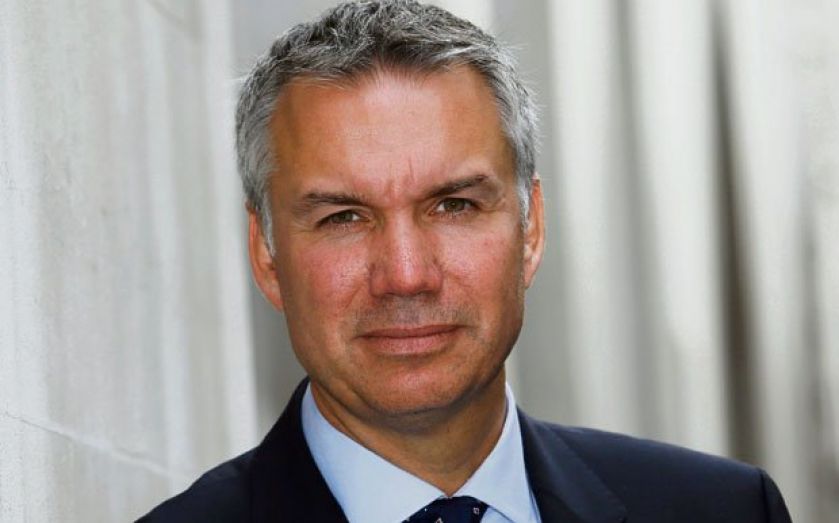Co-op Group in turmoil: Sutherland quits and rival factions begin the fight for control

THE CO-OP was plunged deeper into chaos yesterday as chief Euan Sutherland sensationally quit after just 10 months, inflaming a divisive row over modernising the mutual that threatened to split the board.
Sutherland’s exit leaves serious question marks over the business’ future, with his resignation statement pointing to deep divisions at the top of the troubled group.
The former B&Q boss was appointed last year to rescue the Co-op as its banking arm came close to collapse. However, he ran up against bitter opposition from traditionalist factions on the board, which is elected by the Co-op’s members.
The battle came to a head over the weekend after details of his £3.66m pay package were leaked to the media. He will now not receive the payment.
“Until the group adopts professional and commercial governance it will be impossible to implement what my team and I believe are the necessary changes and reforms to renew the group and give it a relevant and sustainable future,” said Sutherland. “[Co-op] must reduce its significant debt and drive major efficiencies and growth in all of its businesses, but to do so also urgently needs fundamental governance reform and revitalised membership.”
Key among Sutherland’s opponents is thought to be Ben Reid, the chief of the Midcounties Co-operative who has sat on the board since 2000.
Reid has been a vocal opponent of the Co-op Group’s recent joint venture with travel agent Thomas Cook, arguing that the Co-op movement should not team up with conventional listed companies.
The infighting on the board became public after Sutherland’s pay deal was leaked over the weekend.
He first threatened to resign on Monday and stepped down yesterday after failing to reconcile his differences with the board during a crunch early morning meeting.
The Co-op has been run as a traditional mutual since 1844, with local members voting for regional and national directors to oversee the group. But Sutherland and other execs wanted to streamline the system to bring it in line with modern business practices, after a £1bn capital hole was discovered in the group’s banking arm last summer in a crisis that forced the Co-op to give a major stake in the bank to hedge fund investors.
Sources close to the outgoing boss called the traditionalists “Luddites”, and indicated that certain directors are standing in the way of vital reforms.
Finance director Richard Pennycook, who joined from retailer Morrisons last year, is taking over as interim chief executive. He is thought to side with the reformers and agree with Sutherland’s vision for the group, but is viewed as a more conciliatory figure who can better cope with hostile directors. “Pennycook is a reformer, but he is not as shock-and-awe as Sutherland,” said a source close to the new CEO.
Pennycook is not thought to want the job on a permanent basis. He and Co-op chair Ursula Lidbetter will lead the search for a new chief executive, once Lord Myners has finished his review into governance reforms at the mutual.
Initial concerns that the group could have funding withdrawn by banks were dismissed by the lenders. A consortium of banks including Barclays, HSBC and RBS refinanced a five-year, £950m funding round with the Co-op in summer 2012. An insider on the deal maintained that the banks are “fully supportive” and “entirely locked in” to the group’s future.